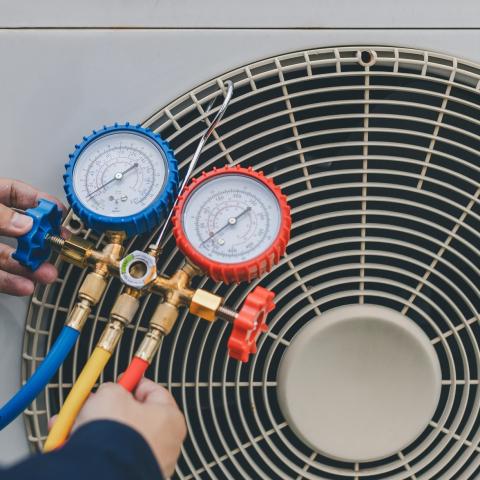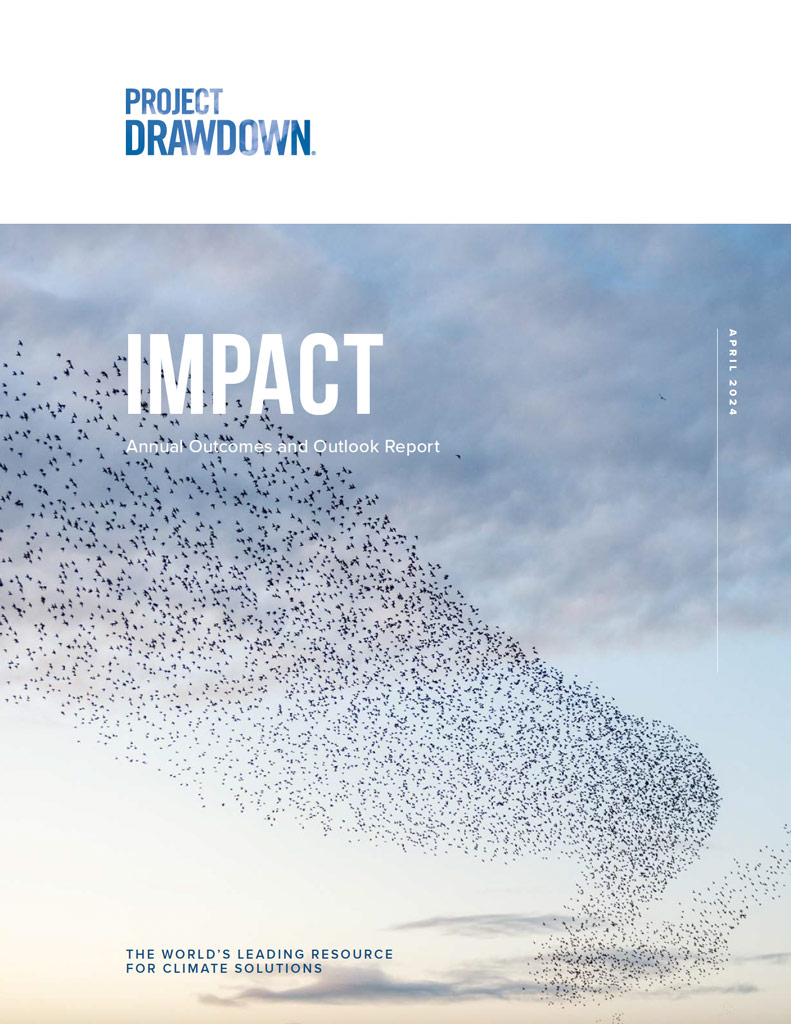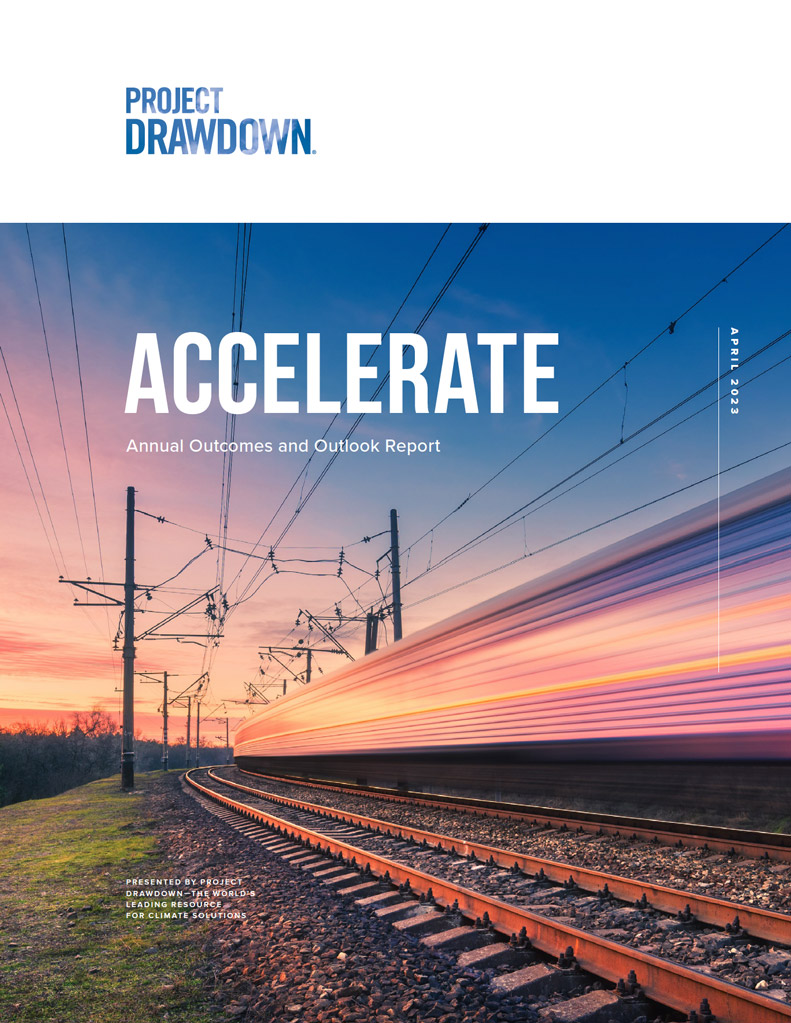Our work is built on three pillars:
- SCIENCE. We conduct cutting-edge research to identify the best climate solutions and the most effective strategies to bring them to scale..
- STAKEHOLDERS. We share the results of our research with philanthropists, investors, business leaders, policymakers, and others who have the power to deploy them.
- STORIES. We use storytelling to help shift the narrative from “doom and gloom” to “opportunity and possibility,” amplify new voices, and showcase everyday climate heroes changing the world.
To assess the impact of this work, we monitor engagement with the resources we produce. We also identify outcomes – changes in decisions, investment, policy, attitude, practice, etc., associated with our efforts. Finally, we look for broader impacts – shifts in understanding, action, and, ultimately, greenhouse gas emissions – we have helped catalyze.







